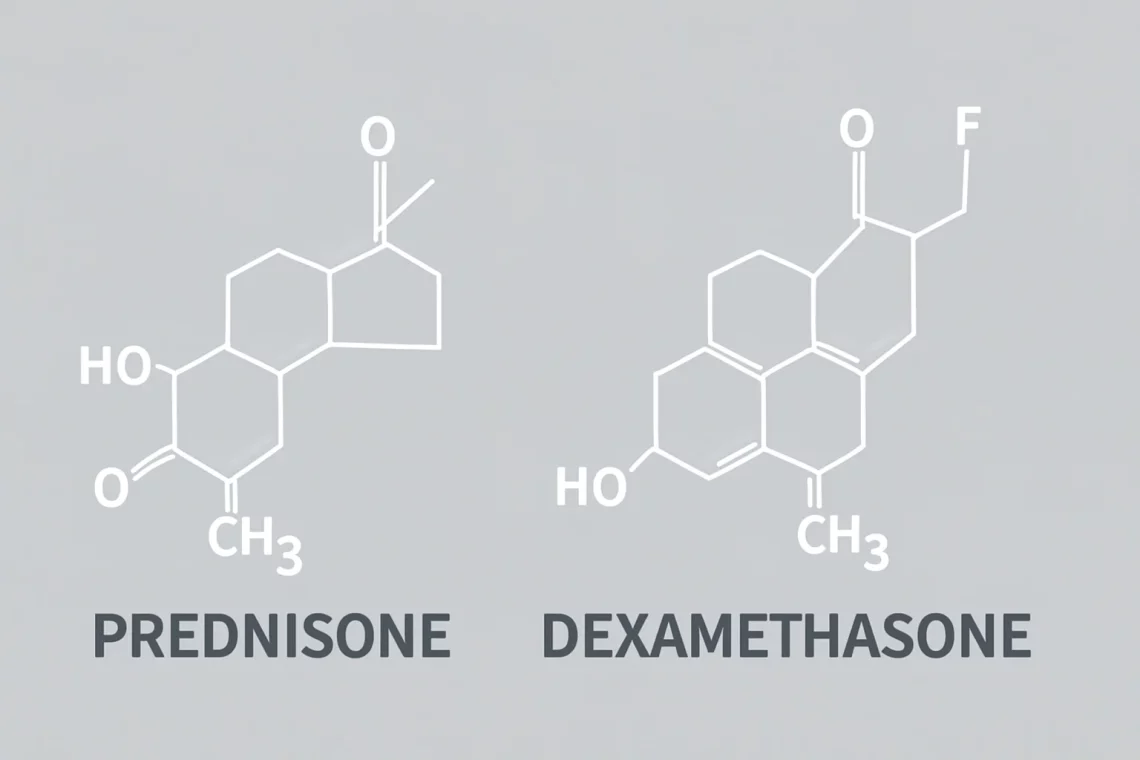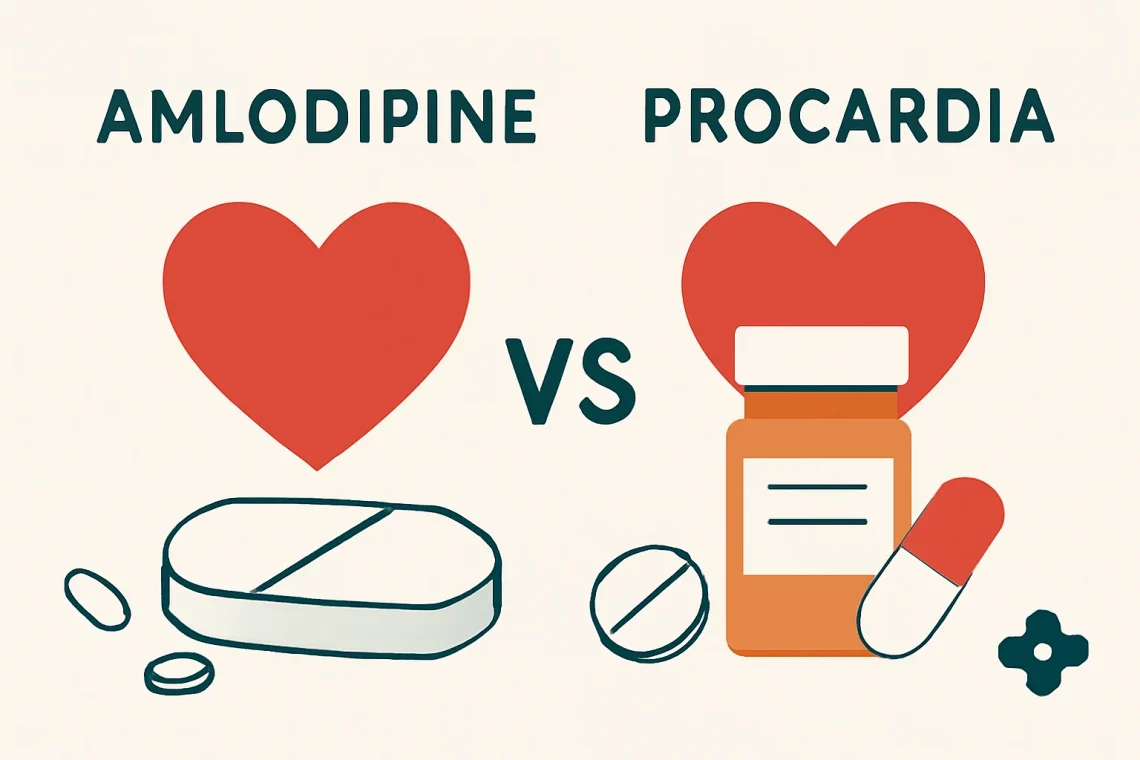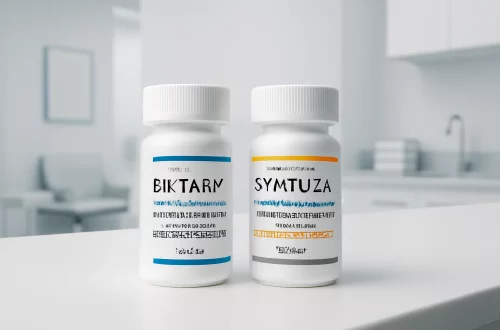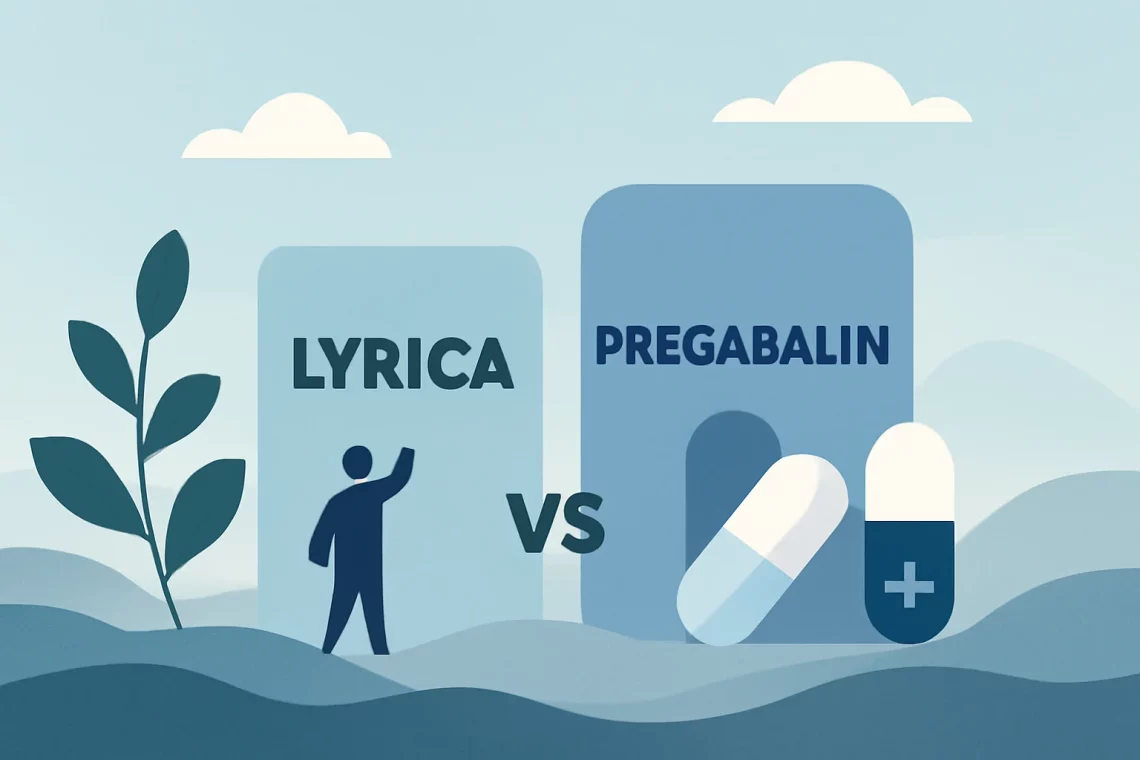-
Clonazepam vs Xanax: Key Differences and Similarities Explained
Clonazepam and Xanax are two medications that fall under the category of benzodiazepines, a class of drugs that are commonly prescribed for anxiety, panic disorders, and certain seizure disorders. Both medications work by enhancing the effects of a neurotransmitter in the brain known as gamma-aminobutyric acid (GABA), which helps to calm the nervous system and reduce excessive neuronal activity. Given their similar mechanisms of action, one might assume that they are interchangeable; however, there are distinct differences in their uses, onset of action, duration, and potential side effects that can significantly impact patient care and treatment outcomes. As mental health awareness continues to grow, the discussion surrounding these medications has…
-
Lyrica vs Baclofen: A Comprehensive Comparison of Uses and Effects
Lyrica and Baclofen are two medications often used to manage different types of pain and neurological conditions. Each has distinct mechanisms of action, benefits, and side effects, making them suitable for various patients and conditions. Lyrica, the brand name for pregabalin, primarily targets neuropathic pain and seizures, while Baclofen is a muscle relaxant predominantly used for spasticity related to neurological disorders. Understanding the differences between these two medications is crucial for patients and healthcare providers in order to choose the most appropriate treatment options. The decision to use Lyrica or Baclofen can be influenced by factors such as the specific condition being treated, the patient’s medical history, and the potential…
-
Prednisone vs Dexamethasone: Key Differences and Uses Explained
Prednisone and dexamethasone are two widely used corticosteroids that play significant roles in the treatment of various medical conditions. These synthetic drugs mimic the effects of hormones produced by the adrenal glands, which are essential for regulating metabolism, immune response, and inflammation in the body. While both medications share similarities, they also possess distinct characteristics that influence their use in clinical practice. Understanding the differences between prednisone and dexamethasone is crucial for healthcare professionals and patients alike. The choice of one over the other can significantly affect treatment outcomes, side effects, and overall patient experience. As corticosteroids, both medications can effectively manage conditions such as allergic reactions, autoimmune diseases, and…
-
Amlodipine vs Procardia: Key Differences and Similarities Explained
High blood pressure and related cardiovascular conditions are prevalent health issues that affect millions of people worldwide. As medical science evolves, various medications are developed to manage these conditions effectively. Among the most commonly prescribed drugs are Amlodipine and Procardia, both of which belong to a class of medications called calcium channel blockers. These drugs help relax blood vessels, making it easier for the heart to pump blood and thereby reducing blood pressure. Understanding the differences and similarities between Amlodipine and Procardia can empower patients to make informed decisions about their treatment options. Both medications have distinct mechanisms of action, side effects, and clinical applications. This nuanced understanding can not…
-
Ibuprofen vs Mobic: Understanding Their Differences and Uses
Ibuprofen and Mobic are two widely used nonsteroidal anti-inflammatory drugs (NSAIDs) that have become staples in the management of pain and inflammation. Both medications serve essential roles in treating various conditions, but they are distinct in their chemical composition, mechanism of action, and specific uses. When considering options for pain management, understanding the differences between these two medications is crucial. Patients often face the dilemma of choosing the right medication based on their symptoms, potential side effects, and individual health conditions. While Ibuprofen has been a household name for decades, known for its effectiveness in alleviating headaches, menstrual cramps, and mild arthritis, Mobic, or meloxicam, has gained popularity for its…
-
Lyrica vs Pregabalin: Understanding the Differences and Uses
Lyrica and pregabalin are terms that often arise in discussions surrounding the treatment of various neurological and chronic pain conditions. As both a brand name and the generic name of the same medication, pregabalin is widely recognized for its role in managing conditions such as epilepsy, fibromyalgia, and neuropathic pain. The drug is classified as an anticonvulsant and works by modulating neurotransmitter release in the brain, which can help alleviate symptoms in patients suffering from these debilitating conditions. The distinction between Lyrica and pregabalin is especially relevant in the context of prescription medication, where patients may encounter both terms during their treatment journey. While the active ingredient remains the same,…
-
Benzonatate vs Robitussin: Which Cough Relief is Right for You?
Coughs and respiratory discomfort are common issues that many people face, especially during colder seasons or when exposed to allergens. When it comes to finding relief, various medications are available, each with its unique properties and mechanisms of action. Among the options, Benzonatate and Robitussin stand out as popular choices. Understanding the differences between these two medications can help individuals make informed decisions about their health and well-being. Benzonatate, a non-narcotic cough suppressant, works by numbing the throat and lungs, thereby reducing the cough reflex. This medication is often prescribed for patients experiencing persistent coughs due to conditions such as bronchitis or pneumonia. On the other hand, Robitussin is a…
-
Rosuvastatin vs Atorvastatin Which Statin is Right for You
High cholesterol levels are a common health concern that can lead to serious cardiovascular diseases if not properly managed. As a result, statins have become one of the most widely prescribed classes of medications aimed at lowering cholesterol levels. Among the various statins available, Rosuvastatin and Atorvastatin are two of the most prominent options. Both medications have shown efficacy in reducing low-density lipoprotein (LDL) cholesterol, often referred to as “bad” cholesterol, while simultaneously improving high-density lipoprotein (HDL) cholesterol, or “good” cholesterol. The decision between Rosuvastatin and Atorvastatin can be influenced by a variety of factors including the specific cholesterol profile of the patient, their overall health condition, and potential side…
-
Rosuvastatin vs Atorvastatin: Which Statin is Right for You?
The management of cholesterol levels has become a cornerstone of cardiovascular health. With the increasing prevalence of heart disease, individuals are often seeking effective ways to manage their lipid profiles. Among the most commonly prescribed classes of medication for this purpose are statins, which include popular options like Rosuvastatin and Atorvastatin. Both drugs have been extensively studied and are known for their ability to lower low-density lipoprotein (LDL) cholesterol, often referred to as “bad” cholesterol. The significance of maintaining optimal cholesterol levels cannot be overstated, as it plays a critical role in preventing heart attacks and strokes. Despite their similar purposes, Rosuvastatin and Atorvastatin differ in their mechanisms of action,…
-
Vraylar vs Geodon: A Comprehensive Comparison of Antipsychotic Medications
Vraylar and Geodon are both medications commonly used in the treatment of mental health disorders, particularly schizophrenia and bipolar disorder. Each of these drugs belongs to a class known as atypical antipsychotics, which are designed to help manage symptoms of these conditions by altering the effects of neurotransmitters in the brain. The choice between Vraylar and Geodon can significantly impact a patient’s quality of life, as both medications have different mechanisms of action, side effects, and efficacy profiles. In recent years, there has been a growing interest in understanding how these medications compare, as patients and healthcare providers alike seek the most effective treatment options available. Factors such as dosage,…







































